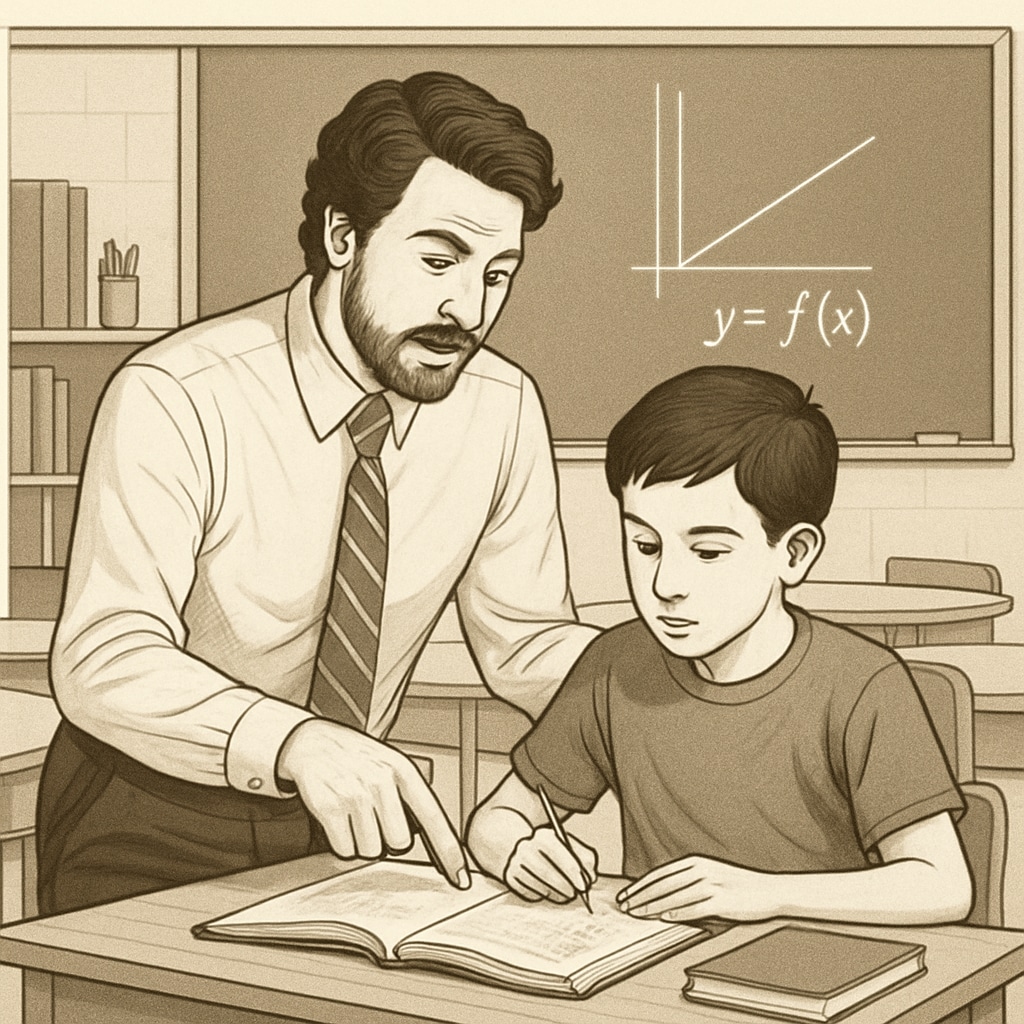The film Whiplash, a gripping tale of ambition and sacrifice, brings to light a critical question in education: how far should educators push their students to achieve greatness? This ethical dilemma of balancing “rigorous demands and nurturing care” is especially pertinent in K12 education, where both academic excellence and psychological well-being hold immense importance. Striking the right balance between these two forces is not only challenging but also essential in shaping future generations.

The Ethical Dilemma of Rigorous Education
In Whiplash, the protagonist’s teacher employs extreme, even abusive, methods to push a young drummer to his limits. While the student reaches extraordinary heights of performance, this comes at the cost of his mental health and personal relationships. This narrative mirrors a broader challenge in K12 education: how do educators demand excellence without crossing ethical boundaries?
Some argue that high expectations and rigorous demands are crucial for unlocking a student’s full potential. For example, Malcolm Gladwell’s “10,000-hour rule” suggests that extraordinary success stems from deliberate and intense practice. However, critics point out that without adequate emotional support, such pressure can lead to burnout, anxiety, and a loss of intrinsic motivation.
Moreover, research in psychology highlights the importance of a supportive learning environment. According to a study by the American Psychological Association, students thrive when they feel valued and understood. This raises a pressing question: can rigorous education coexist with empathy and care?
Striking a Balance Between Rigor and Care
Finding the “golden mean” between rigor and care requires a nuanced approach. Educators must consider not only their students’ potential but also their emotional and psychological needs. Here are some strategies to achieve this balance:
- Set individualized goals: Recognize that each student has unique strengths and limitations. Tailored approaches can ensure that expectations remain challenging yet achievable.
- Foster a growth mindset: Encourage students to see failure as a learning opportunity rather than a measure of their worth. This approach, popularized by Carol Dweck, promotes resilience and intrinsic motivation.
- Prioritize open communication: Build trust by listening to students’ concerns and providing constructive feedback. Transparent dialogue helps students navigate challenges without undue stress.
- Integrate emotional support: Incorporate mindfulness practices, counseling, and peer support programs to create a safe and nurturing learning environment.
For example, Finland’s education system demonstrates the efficacy of balancing high academic standards with student well-being. The country prioritizes shorter school hours, minimal homework, and a focus on collaborative learning, all while achieving remarkable academic outcomes globally.

Learning from “Whiplash”: Ethical Lessons for Educators
One of the key takeaways from Whiplash is the importance of reflecting on the methods educators use to inspire excellence. While the teacher’s intent may have been to unlock his student’s potential, the lack of empathy and care ultimately undermined the process. Similarly, in K12 education, educators must recognize that their role extends beyond imparting knowledge—it includes fostering character, resilience, and emotional intelligence.
As a result, educational systems need to adopt policies and training programs that emphasize the dual importance of rigor and care. This includes equipping teachers with tools to identify signs of distress in students and providing resources to address these challenges effectively. Furthermore, parents, administrators, and policymakers must collaborate to create environments where students can thrive academically and emotionally.
Therefore, the ethical dilemma explored in Whiplash serves as a poignant reminder for educators: greatness should never come at the cost of a student’s well-being. The true measure of success lies in achieving both excellence and balance.
Conclusion: The quest for educational excellence is a noble one, but it must be pursued with compassion and care. By adopting a balanced approach, educators can inspire students to reach their full potential while safeguarding their mental and emotional health. As Whiplash illustrates, the stakes are high, but the rewards of finding this equilibrium are immeasurable.
Readability guidance: This article uses short paragraphs and lists to enhance clarity. Key points are highlighted with examples and research, ensuring accessibility for a wide audience. Overuse of jargon is avoided, and transitions like “however” and “therefore” maintain flow throughout.


